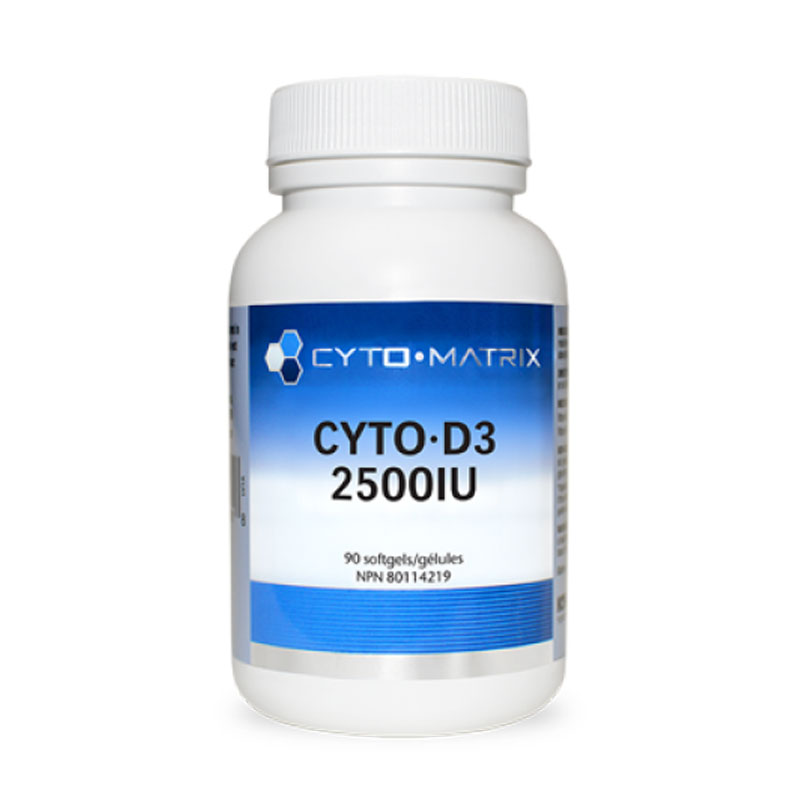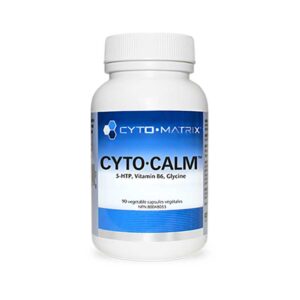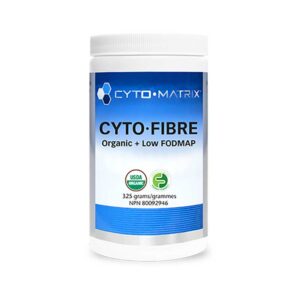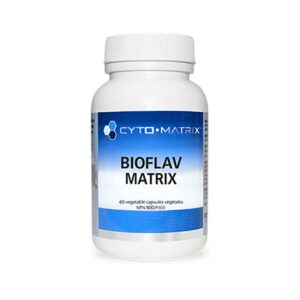As Canadians living north of the equator, sun exposure is not always guaranteed and winters can be long. This is problematic not only because of the health implications in the absence of light and outdoor exposure, but also because of the role that ultraviolet (UV) rays play in the synthesis of vitamin D3 within the body.
Vitamin D3, also known as cholecalciferol, is the preferred form of vitamin D for optimal bioavailability and function within the body. It is naturally photosynthesized in the skin tissue from the cholesterol compound 7-dehydrocholesterol after exposure to UV-B rays. However, current estimates suggest that 1 in 3 Canadians are overtly deficient in vitamin D as a result of inadequate sun exposure, poor diet, medication use, and other stressors. About 2 in every 3 Canadians have adequate, yet suboptimal, vitamin D levels.
These numbers are concerning because vitamin D is imperative for countless actions within the human body. It is most well-known for its ability to upregulate calcium absorption from the gut. However, research in the past two decades has discovered that vitamin D3 is needed for proper immune function, mood health, cardiovascular function, skin health and proper gene expression. Consider that vitamin D receptors (VDR’s) are found in dozens of tissues, including thyroid, adrenal, pancreas, skeletal muscle, cardiovascular tissue, colon, liver, kidney, breast and retina.
With this in mind, it’s no surprise that many experts now refer to vitamin D3 as a hormone with the ability to actually modify genetic production and expression.
Cyto-D3 2500IU – Softgels is designed to aid in the prevention of vitamin D3 deficiency. Each softgel provides 2500IU of stable vitamin D3 in a base of organic coconut oil to encourage optimal absorption and bioavailability.





